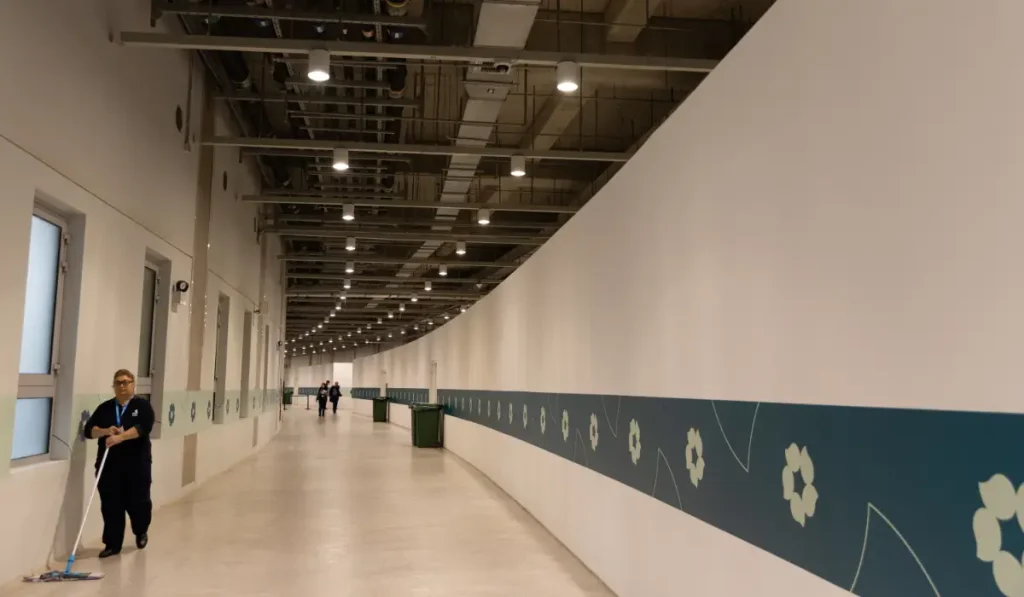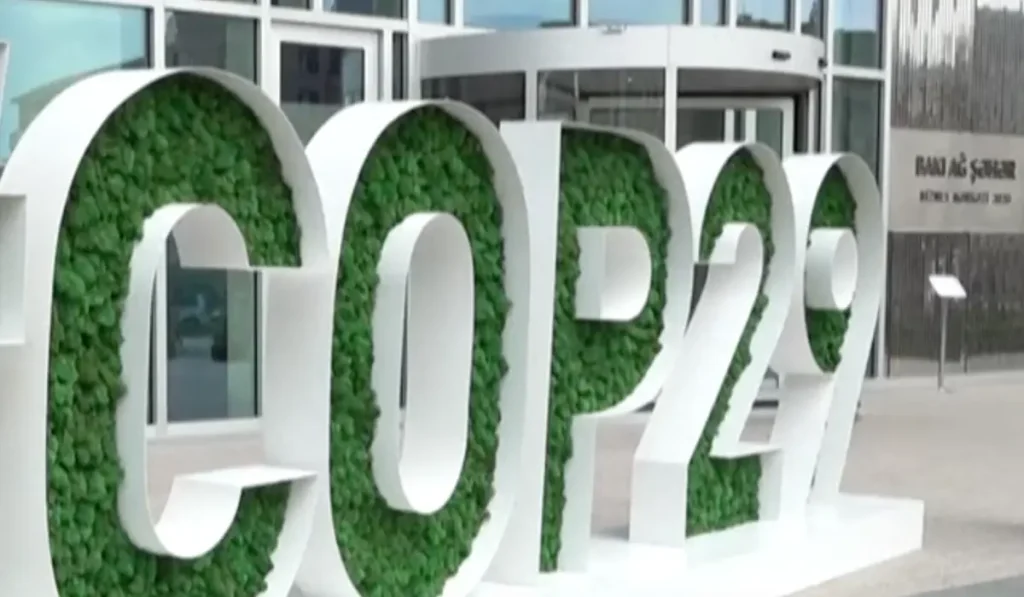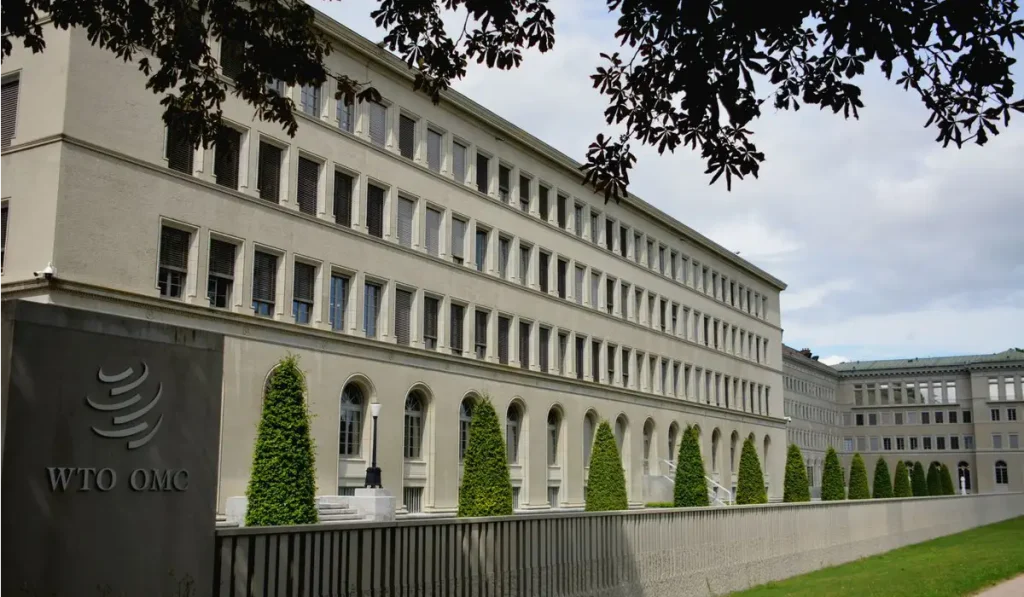The plan by the European Union (EU) to impose a carbon border tariff, known as the Carbon Border Adjustment Mechanism (CBAM), will undermine multilateral trust in responding to the global climate challenge, according to a submission by the South African Department of Trade, Industry and Competition to the European Commission earlier this month. The submission states that it will reverse and contradict the support that the EU has provided to the country in reducing its GHG emissions and achieving a Just Transition, and will “pose a threat to sustainable development and climate change mitigation action imperatives” as well as those of other African countries. Its effect will be to transfer the mitigation burden onto developing economies and place an undue and unjust burden on domestic industries. It goes on to argue that its inequity is exacerbated by the historical mineral and raw material extractive legacy imposed by developed economies on African countries, and the demand for the continent’s strategic minerals as part of the global green transition. It points out that not only is $1.4 billion in South African exports to the EU at risk, but the country’s overall exports could decline by 4%, with Africa experiencing losses of up to $26 billion per annum. Not only will this impact trade but it has a negative coercive effect on the right to self determine mitigation pathways.
As the DTIC put it:
“the CBAM [is] coercive, as it imposes climate mitigation policy onto developing countries and hinders our independence to create policy in this space. By doing so, it is a threat to the delicate national consensus we have established through extensive stakeholder consultation in support of our nationally determined sustainable development pathways.”
This approach is, in the DTIC’s view, contrary to the foundational principles of the UNFCCC and Paris Agreement, which is based on equity and common but differentiated responsibilities and respective capabilities, and which provides for Parties to self-determine their emission reduction policies and measures. This follows a concern that there is no exemption for African or least developed countries, however, there are apparently confident plans to exempt countries who are part of the G7’s Climate Club. Any such exemption within the club would however be “on the self-assessed basis of being standard setters in climate action”. South Africa was also open in its view that the CBAM probably also violated the WTO’s rules against non-discrimination. Officials are looking to have a more extensive discussion and engagement and to place the matter on the priority agenda for the forthcoming South African- EU summit.
Echoing this sentiment, a submission by the Africa Group to the World Trade Organisation (WTO) earlier this year, criticised the piecemeal and ad-hoc approach of the WTO in ensuring that developing countries secure a share in the growth in international trade. Like South Africa, they argued that trade should provide countries with the necessary “policy space” to meaningfully integrate in global value and supply chains, especially as producers of intermediate and final goods. For this reason the group is calling for more discussions on what is needed to create greater policy space for industrialisation and the consolidation and concentration of market power especially in the context of climate change. This is true not only for measures such as the border tariff but also unilateral green tech subsidies that are increasingly favoured in major developed economies. Ultimately they argued that “unilateral and punitive measures implemented by some result in ‘beggar they neighbour’ policies that change the terms of competition, lock-in technology advances; carrying great economic costs, especially for developing countries.” Assumedly this is a guised reference to the EU’s unilateral CBAM, proposals for similar trade measures across the developed world, as well as large scale green-tech incentive schemes currently being pursued in the EU and US. Beggar they neighbour policies are ones where one country attempts to remedy their economic problems using means that worsen the economic challenges of other countries.






